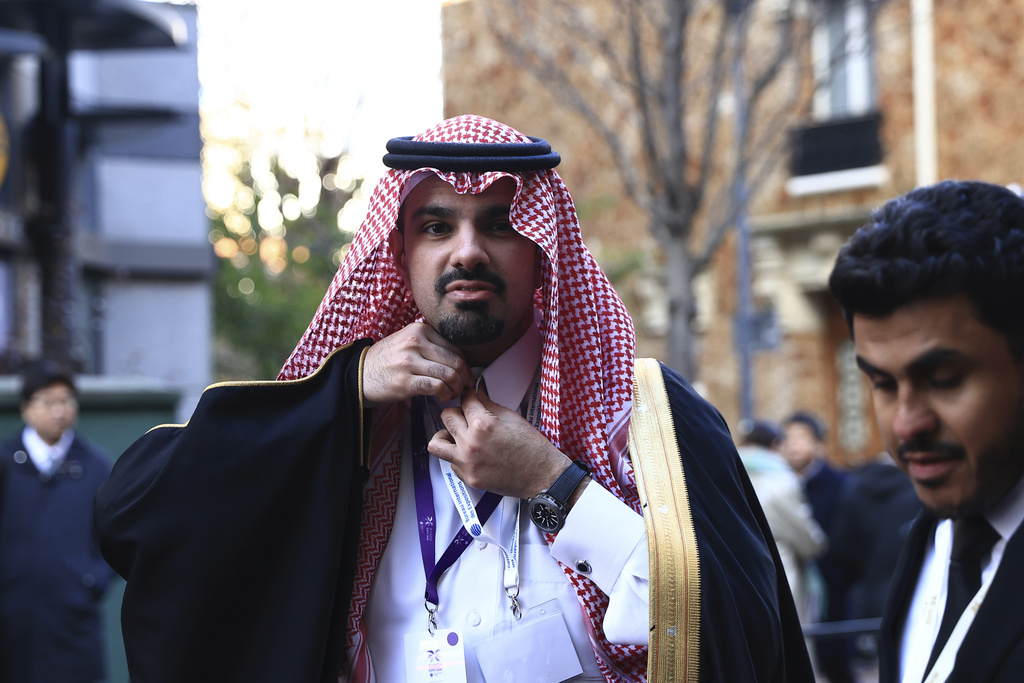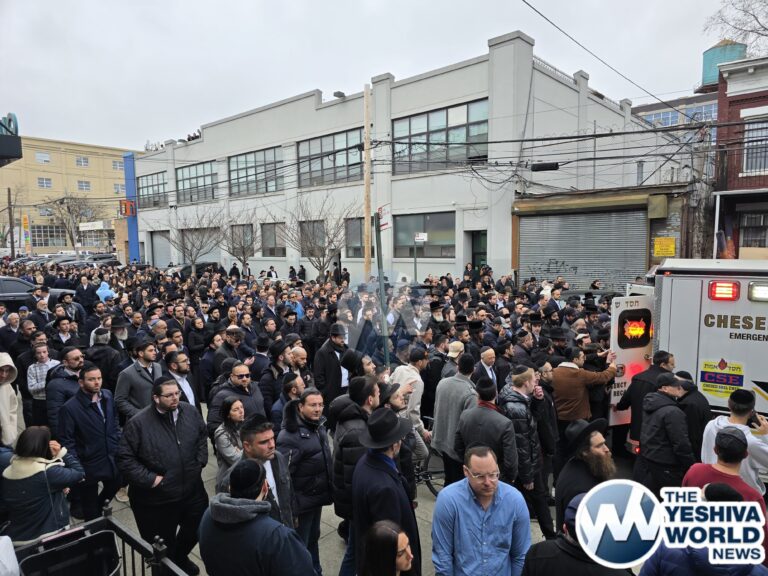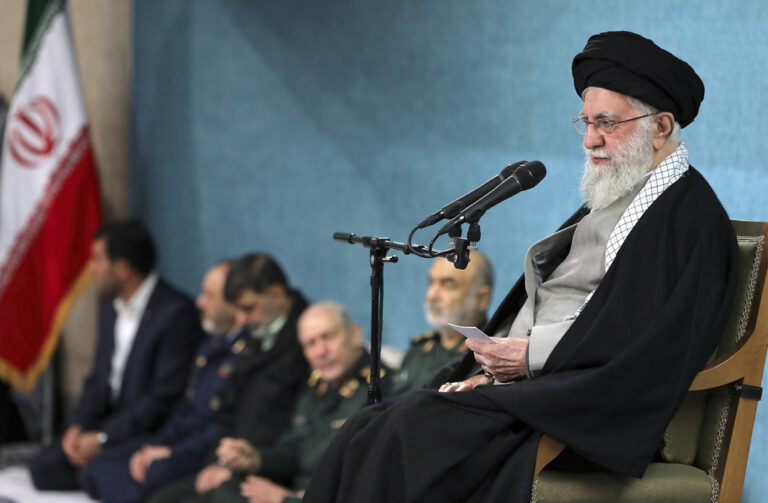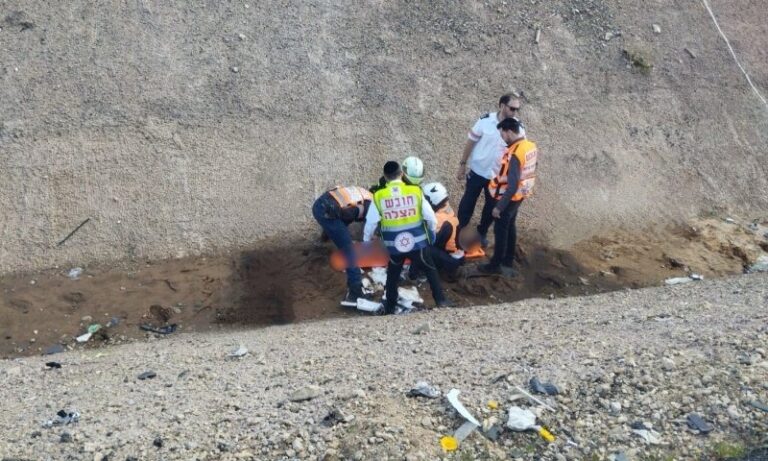Saudi Arabia’s capital Riyadh was chosen on Tuesday to host the 2030 World Expo, beating out South Korean port city Busan and Rome for an event expected to draw millions of visitors.
Riyadh was picked by a majority of 119 out of 165 votes by the member states of the Paris-based Bureau International des Expositions, or BIE.
The vote has been held behind closed doors in Issy-les-Moulineaux, a southwestern suburb of the French capital. The result was greeted with cheers by the Saudi delegation. Busan got 29 votes and Rome 17.
With the stakes high, each city has escalated its campaign efforts, showcasing unique visions and ambitious promises to secure the rights to the globally prestigious event.
The Saudi plan includes a major public transit network and a futuristic space meant to show “the vision of the country to pioneer a sustainable future for cities and their communities.”
Saudi Arabia has mounted a significant marketing campaign, featuring a “Riyadh 2030” exhibit near the Eiffel Tower and extensive advertising across Paris. The Saudi bid, seeking to diversify the kingdom’s economy and boost its international stature, has received support from French President Emmanuel Macron, as indicated in a July statement from the Elysee Palace.
Yet some activists have denounced Riyadh’s candidacy amid criticism over violations of human rights in the country, including the 2018 murder of dissident journalist Jamal Khashoggi in the Saudi Consulate in Istanbul.
Rome had enlisted actor Russell Crowe, who appeared in a promotional video echoing his “Gladiator” persona, to underscore the city’s readiness for the Expo. Rome’s bid included plans for the world’s largest urban solar park and a green corridor connecting the Expo site to historic landmarks like the Appia Antica (Appian Way), one of the oldest and most important roads of the Roman Empire.
The South Korean port city of Busan had brought in cultural heavyweights like “Gangnam Style” rapper Psy and K-pop supergroup BTS to bolster its bid. The city was positioning itself for a high-tech Expo, emphasizing its capabilities in artificial intelligence and 6G technology with the aim of attracting millions of visitors and spurring job creation.
The World Expo has a storied history of bringing together nations to showcase technological innovations and cultural achievements. Since the inaugural event in 1851, Expos have been platforms for introducing groundbreaking inventions such as the light bulb, the Ferris wheel and the Eiffel Tower itself, which was built for the 1889 Exposition Universelle.
These events have evolved to not only be celebrations of human ingenuity, but also opportunities for host cities to catalyze economic growth and global recognition.
With the world’s attention turned to Paris, the upcoming vote will set the stage for the next chapter in the rich legacy of the World Expos. The next Expo is scheduled to be held in Osaka, Japan, in 2025.
(AP)












2 Responses
Someone is optimistic about the future (i.e. that the planet in general, and the Middle East in particular, will still around in 6 years). For a country that still, officially, bans all other religions under than their own Islamic sect, and whose rules on public behavior, and especially women, at radically different than the rest of the planet, they might have problems.
it won’t exist by that time…